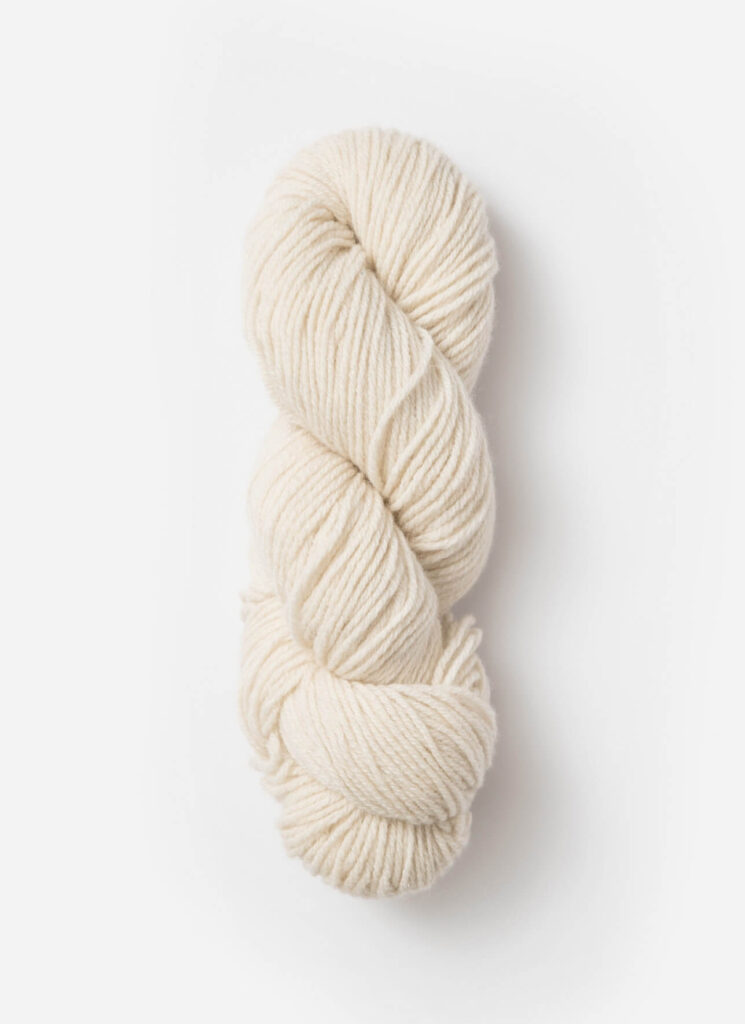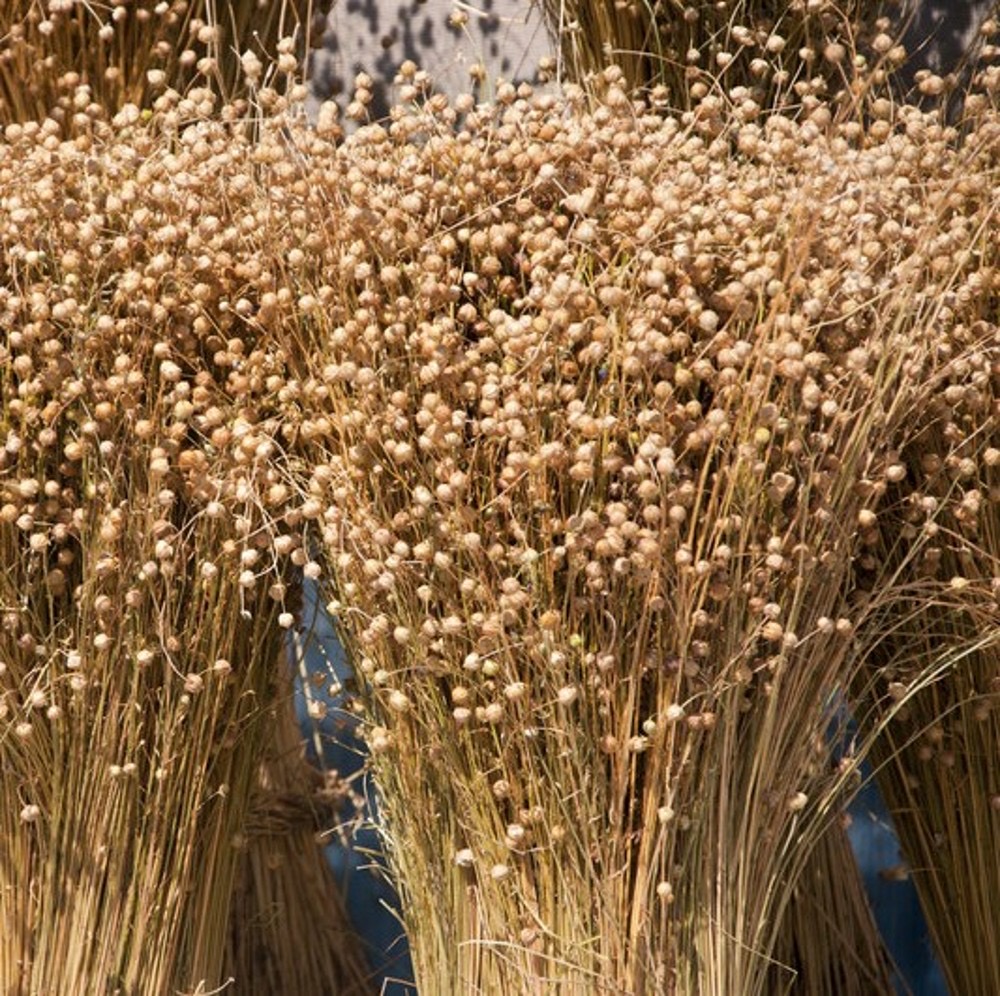Conscious Fashion Materials We Love to Love
Linen – One of the most biodegradable fabrics is linen, and it’s also perfect for summer. It’s a great material that’s durable and can stand multiple temperatures. It gets stronger and softer every time it gets wet, and absorbs moisture without holding bacteria. Made of flax plant fibers, its natural colors include ivory, ecru, tan and gray.
Some brands we love to love that are all about linen:

Silk – While it’s not true for all manufacturing, silk is typically a low waste process. The silk worms are easy to maintain as they have a raw diet of mulberry leaves that is resistant to pollution and is easy to cultivate. The entire process of cultivating mulberry leaves offer medicinal properties and additional uses like creating natural dye or making a pie. Unfortunately, the silk worms are killed during the process. Some may stray away from it for those reasons. However, nothing goes to waste as these worms are actually rich in protein and a snack in Asian countries. The outer-cocoons are also used as fertilizer or to stuff pillows.
Some brands we love that are all about silk:
Modal – Modal, also from Lenzing Group, is a non-toxic and environmentally friendly material to produce made from the beechwood tree. This tree self-rejuvenates and is a sustainable raw material, which when converted into modal is 50% more water-absorbent than cotton and is a silky material.
@Fashionyarn
Econyl – Econyl is a recycled fabric that offers a solution to the pollution of fishing nets (made of nylon) in our oceans. The closed loop production uses less water and creates less waste than traditional production. Nylon is not biodegradable so repurposing it gives it another life span rather than going into a landfill.

Tencel – Tencel® is actually the brand name, by manufacturer Lenzing AG, for the material lyocell, sometimes modal. It’s a natural fiber made from dissolving the eucalyptus wood pulp and using a special drying process called spinning. The plus here is that it requires less energy and water than cotton, and is biodegradable. Using a closed loop production process, the solvents used to materialize the fabric are recycled at a recovery rate of 99% for Lenzing Group. This breathable fabric, when dyed, requires less dye than cotton.
A brand we love that is all about tencel:

@Lenzingthread
Cashmere – While cashmere is a material that comes from an animal, in most casesyt, no harm is actually inflicted to the goat. In the winter, the goat’s coat develops to keep them warm. Once temperatures rise, their coat sheds and producers comb out the fine hair to then be processed into cashmere. However, it takes four goats to just make one sweater, which is why it is so expensive and was an investment passed down in families. With the rise of fast fashion, it’s become more accessible price wise but there’s always a cost for a cheaper price. Make the investment. The finest cashmere comes from a nomadic breed of goats from Mongolia, SW China, Iran, Tibet, Northern India and Afghanistan.
A brand we love that is all about cashmere (and even recycled cashmere):
Some brands we love to love that are all about econyl:
For more resources about sustainable materials check out Good On You for more extensive information.

